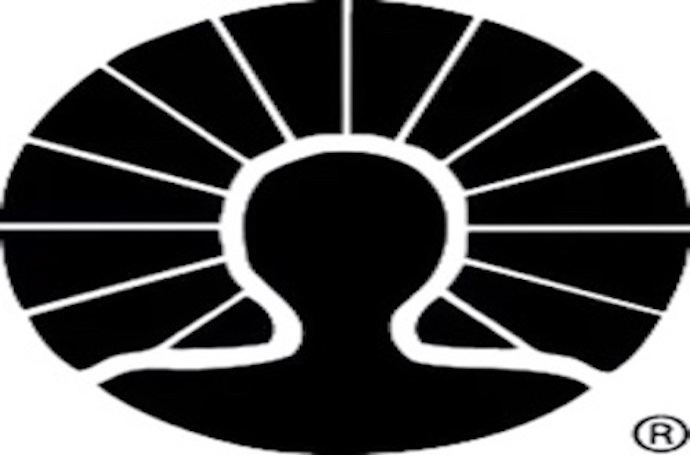PATIENT EDUCATION: THE POWER TO CHOOSE WHERE AND WITH WHOM YOU ENTRUST YOUR REHABILITATION
Published on: July 22, 2023

PATIENT EDUCATION: THE POWER TO CHOOSE WHERE AND WITH WHOM YOU ENTRUST YOUR REHABILITATION
R ecent professional journals are supporting therapy programs that increase hypertonicity and compensatory strategies, and avoid the restoration of normal movement altogether. NEURO-IFRAH® therapists will never turn their backs on helping patients realize their potential for normal movement
It is the NEURO-IFRAH® Organization’s belief that one of the primary purposes of rehabilitation for patients affected by a stroke or brain injury is to help restore normal movement. The NEURO-IFRAH® Organization is comprised of clinicians skilled in restoration. We care deeply about what patients want and we have developed the skills to return them back to life with the fullest extent of normal movement to which they are capable.
It is deeply concerning that articles appearing in professional journals have recently declared it unnecessary to work on normal movement, saying: “. . . facilitation of normal movement in an effort to achieve optimal recovery has shown to be unnecessary” (Scheets, Patricia L., et. al. “President’s Perspective: Moving Forward.” Journal of Neurologic Physical Therapy, vol. 45, January 2021, pp. 46-48). There is also the equally concerning statement that, “efforts to reduce spasticity do not improve volitional movement” (Scheets et al., p. 47).
We vehemently disagree with these statements and others like them, which are used as an excuse to ignore the massive side effects of programs being sold as “moving forward” in rehabilitation, when what they are is moving backward in skill, knowledge, and outcome. The stance that hypertonicity has no effect on movement because there is no research saying it does, is simply not a sound or reasonable argument. With such a stance, it becomes unsurprising that the conclusion drawn would be to not work on normal movement because it has become unachievable with such abnormal muscle activity. The fact that these same professional journals claim to have other strategies for achieving optimal recovery without offering self-evident results to support such claims, is yet another point of concern.
What continues to become increasingly self-evident to us is the emergence of massive compensatory strategies. These strategies claim to restore a patient’s ability to walk, and yet they leave those same patients with impairments that are difficult to reverse. Patients arrive to our NEURO-IFRAH® Clinics with hypertonicity, notably in the arms and feet. As a result, these patients suffer, and our skilled therapists must work hard to undo the side effects of abnormal muscle activity that ends up limiting the patient’s options and potential for recovery of more normal movement and control. It is important that patients are not subjected to strategies that increase massive hypertonicity, and are referred to us earlier. The less we have to un-do, the more efficiently patients can find themselves resuming and assuming life roles.
Self-evident and outcome-oriented results are at the heart of NEURO-IFRAH®. Results for us are not merely confined to paper, but rather exemplified in patients who get to live their day-to-day lives with the results. We have decades of experience and overwhelming evidence on video documentation that clearly demonstrates why NEURO-IFRAH® is superior and unmatched in the rehabilitation of patients affected by a stroke or brain injury. We also understand that neurological challenges in rehabilitation require high levels of skill. We understand why rehabilitation of the upper extremity, lower extremity, trunk, head/neck control, facial expressions, oral motor control, total hand and foot function, as well as any movement throughout the body or any functional activity—including all function in upright postures—is challenging to those who do not have our knowledge and experience. We understand why those without our knowledge and experience might therefore want to give up. But the NEURO-IFRAH® Organization completely disagrees with the suggestion of giving up, or the excuses used as a means of giving up.
The patient ultimately has the power to choose where and with whom they entrust their rehabilitation process. Patient education is critical to helping patients avoid activities that sacrifice their potential to recover more normal movement and function. Our therapists will never turn their backs on patients and we recommend that other therapists or practitioners who give up on the rehabilitation of the upper extremity, or any other part or function, refer their patient to us. The NEURO-IFRAH® APPROACH is a whole person approach. We are here and ready to fill the gap.